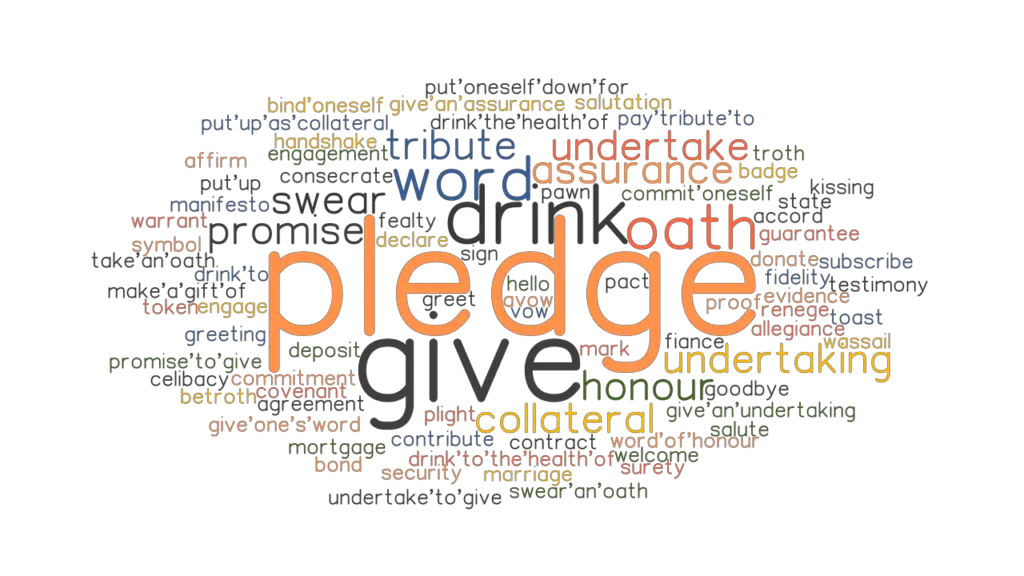

This is because Frederick III abolished the coronation ceremony with the introduction of the hereditary and absolute monarchy in 1660. This declaration is official and marks the ascension of a new monarch immediately after the death of the old. In Denmark, the prime minister makes a similar proclamation upon the death of a monarch- Kongen leve, kongen er død (hail the king, the king is dead)-from the balcony of Christiansborg Palace (the Danish Parliament building). This quick transition of sovereignty was made within the phrase "the king is dead, long live the king!" Upon Louis XV's death at around 11:00 pm on, heir-apparent Louis-Auguste, le Dauphin, immediately became King Louis XVI of France. In France, Louis XV was the predecessor of Louis XVI.

Another example is among the French royalty. To avoid any chance of a war of succession erupting over the order of succession, the Royal Council proclaimed: "The throne shall never be empty the country shall never be without a monarch." Thus, Edward was declared king immediately, and he reigned in absentia until news of his father's death reached him and he returned to England. "Long live The King!" refers to the heir who immediately succeeds to a throne upon the death of the preceding monarch.Īt the time, French was the primary language of the nobility in England, and the proclamation was quickly taken up as ideally representing the same tradition-which in England dates back to 1272, when Henry III died while his son, Edward I, was fighting in the Crusades. "The King is dead" is the announcement of a monarch who has just died. The phrase arose from the law of le mort saisit le vif-that the transfer of sovereignty occurs instantaneously upon the moment of death of the previous monarch. In France, the declaration was traditionally made by the Duke of Uzès, a senior peer of France, as soon as the coffin containing the remains of the previous king descended into the vault of Saint Denis Basilica. The original phrase was translated from the French: Le roi est mort, vive le roi!, which was first declared upon the accession to the French throne of Charles VII after the death of his father Charles VI in 1422. ( September 2022) ( Learn how and when to remove this template message) Unsourced material may be challenged and removed. Please help improve this section by adding citations to reliable sources.


 0 kommentar(er)
0 kommentar(er)
